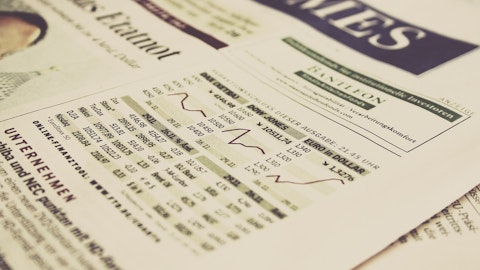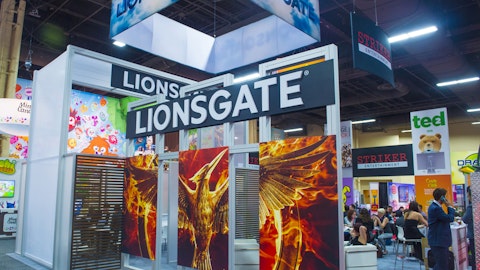According to a fresh article written by the Wall Street Journal, a former partner at law firm Hunton & Williams LLP and his investment adviser were charged with participating in an insider-trading scheme ahead of Pfizer Inc. (NYSE:PFE)’s acquisition of King Pharmaceuticals in 2010. Prosecutors said Robert Schulman, a lawyer at Hunton & Williams, tipped off his investment adviser about a pending merger between Pfizer and King Pharmaceuticals, with the two men and their co-conspirators generating more than $400,000 in ill-gotten gains by trading King shares ahead of the deal. This is just one of the many insider trading scandals making headlines on a weekly basis.
Investors usually associate insider trading with illegal conduct, but only a small portion of insider trading activity is illegal. In fact, most corporate insiders buy and sell securities in a perfectly legal way. Illegal insider trading involves transactions completed by insiders who had access to material non-public information, be it related to acquisition announcements, earnings releases or other significant news events. Outsiders might find it difficult to draw a line between legal and illegal insider trading, as most corporate insiders have superior knowledge about their companies’ business developments, current challenges and future prospects than any of us. That said, this article will discuss a set of notable insider transactions reported with the SEC on Wednesday.
Academic research has shown that certain insider purchases historically outperformed the market by an average of seven percentage points per year. This effect is more pronounced in small-cap stocks. Another exception is the small-cap stock picks of hedge funds. Our research has shown that imitating the 15 most popular small-cap stocks among hedge funds outperformed the market by nearly a percentage point per month between 1999 and 2012 (read more details here).

Luis Louro / shutterstock.com
Studio Behind “The Hunger Games” Registers Insider Buying
Earlier this week, Lions Gate Entertainment Corp. (USA) (NYSE:LGF) registered the first insider purchase of the year. Board member Gordon Crawford bought 50,000 shares on Tuesday for $21.70 each, boosting his overall holding to 295,020 shares.
In late June, the studio known for “The Hunger Games” movies agreed to acquire premium television network Starz (NASDAQ:STRZA) in a cash-and-stock deal valued at $4.4 billion. Analysts believe the deal will enable Lions Gate Entertainment Corp. (USA) (NYSE:LGF) to diversify its business and make financial performance less dependent on whether the company delivers a hit movie or not. The company’s revenues for the three-month period that ended June 30 grew by 35.4% year-over-year to $553.6 million, partially reflecting a strong performance of the move “Now You See Me 2.” Lions Gate shares are 34% in the red year-to-date. A total number of 32 hedge funds followed by Insider Monkey had stakes in the well-known studio at the end of March, amassing 29% of the company’s total number of outstanding shares. Sander Gerber’s Hudson Bay Capital Management acquired a new stake of 23,000 shares of Lions Gate Entertainment Corp. (USA) (NYSE:LGF) during the June quarter.
Follow Starz Entertainment Corp (NASDAQ:STRZ)
Follow Starz Entertainment Corp (NASDAQ:STRZ)
Receive real-time insider trading and news alerts
The second page of the article will disclose fresh insider buying registered at two companies, while the final page of the article will discuss notable insider selling at two other firms.




